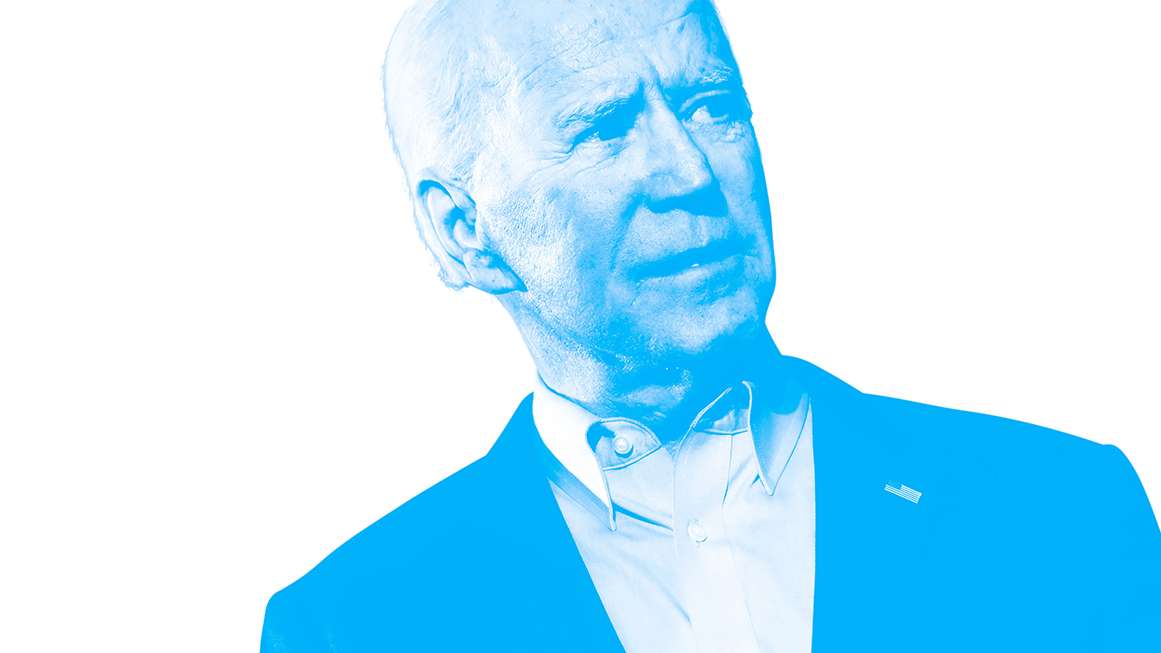Commentary
Over the past few weeks, Canadian political and business circles have been focused on navigating the threat of tariffs from the United States.
Will President-elect Trump follow through on his threats? How will the Canadian economy be impacted? And, most importantly, what actions need to be taken to avoid these tariffs?
Stability is crucial for the business world. Any sudden changes in regulations, such as cost adjustments on imports, can disrupt entire industries.
Recently, Trump announced on social media his intention to impose a 25 percent tariff on all goods imported from Canada and Mexico unless certain conditions were met.
It would be unwise to underestimate the seriousness of these threats. During Trump’s previous term, tariffs were imposed on various countries, including temporary ones on Canadian steel and aluminum imports.
While these tariffs may be a negotiation tactic, they must be taken seriously. Trump’s concerns about illegal immigration and fentanyl appear genuine, and tariffs have been a tool he has used previously.
The repercussions of tariffs are significant. Canadian industries would face increased costs and likely pass them on to workers and consumers.
Currently, a coordinated effort is underway from various levels of government in Canada and business associations to emphasize the interconnectedness of our economies to American policymakers and business leaders.
This proactive approach has its advantages. The Ontario government launched an ad campaign in specific U.S. regions to showcase the province as a vital trading partner in various sectors. The campaign was developed before the tariff threat emerged, indicating foresight in highlighting this relationship regardless of post-election developments.
Similarly, Prime Minister Justin Trudeau and his team wisely visited Mar-a-Lago to mend any strained relations with Trump and his administration. Avoiding unnecessary friction between the leaders is essential for fostering better cooperation.
These efforts can help alleviate tensions and reduce the risk of tariffs and economic harm. However, addressing the concerns raised by the incoming president is the most effective solution.
Trump’s points about lax border security and the fentanyl crisis in Canada are valid and require attention.
Canadian policymakers should focus on domestic issues that benefit the country rather than yielding to external pressures. In this case, aligning with Trump’s recommendations coincides with Canada’s best interests.
The ongoing outreach by government entities and industry leaders is a prudent strategy to avoid unfavorable tariffs. However, committing to the necessary policy changes advocated by Trump is essential for Canada’s current needs.
Views expressed in this article are opinions of the author and do not necessarily reflect the views of The Epoch Times.
Please rewrite the following sentence for me.
Source link








